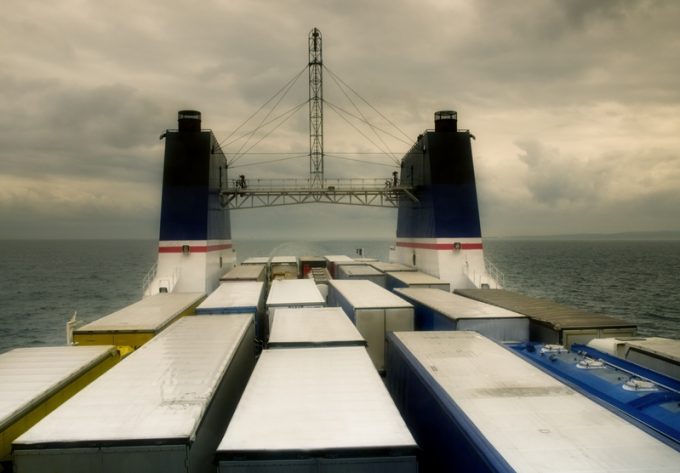EU 'frustration over what UK wants' as further trade talks loom
Supply chain operators are being warned not to get their hopes up of any imminent ...

SMEs are facing a disproportionate impact from the UK’s new trading relationship with the EU, leaving many to evaluate whether cross-Channel trade is “worth it”.
Although there were expectations of a far more explosive start to post-Brexit life, the absence of truck queues on the motorway into Dover allowed the UK government to suggest its mitigation measures had been a success, which led to allegations of “spin doctoring of the highest order” last week.
Office of National Statistics’ figures released on Friday ...
Maersk u-turn as port congestion increases across Northern Europe
Apple logistics chief Gal Dayan quits to join forwarding group
Maersk Air Cargo sees volumes fall as it aims for 'margin in favour of revenue'
Houthis tell Trump they will end attacks on Red Sea shipping
Transpac rates hold firm as capacity is diverted to Asia-Europe lanes
Airlines slash freighter capacity post-de minimis, but 'the worst is yet to come'
MSC revamps east-west network as alliance strategies on blanking vary
India-Pakistan 'tit-for-tat' cargo ban sparks sudden supply chain shocks


Comment on this article
Paul Murphy
March 19, 2021 at 12:16 pmNothing will work without somehow getting back to a Customs Union. For SME’s this is the killer. It’s not just the VAT charge, it’s the admin charges on top for your customers. Remove those charges and there are no trade barriers. It’s a fallacy that you can somehow make up all those lost sales on the other side of the planet. Transport costs, Import taxes and Delivery Time. I’m not even hoping anymore, I’ve moved EU sales to the EU.